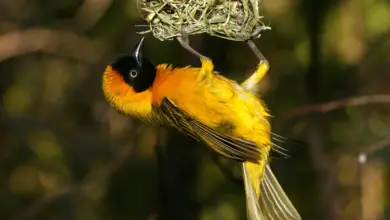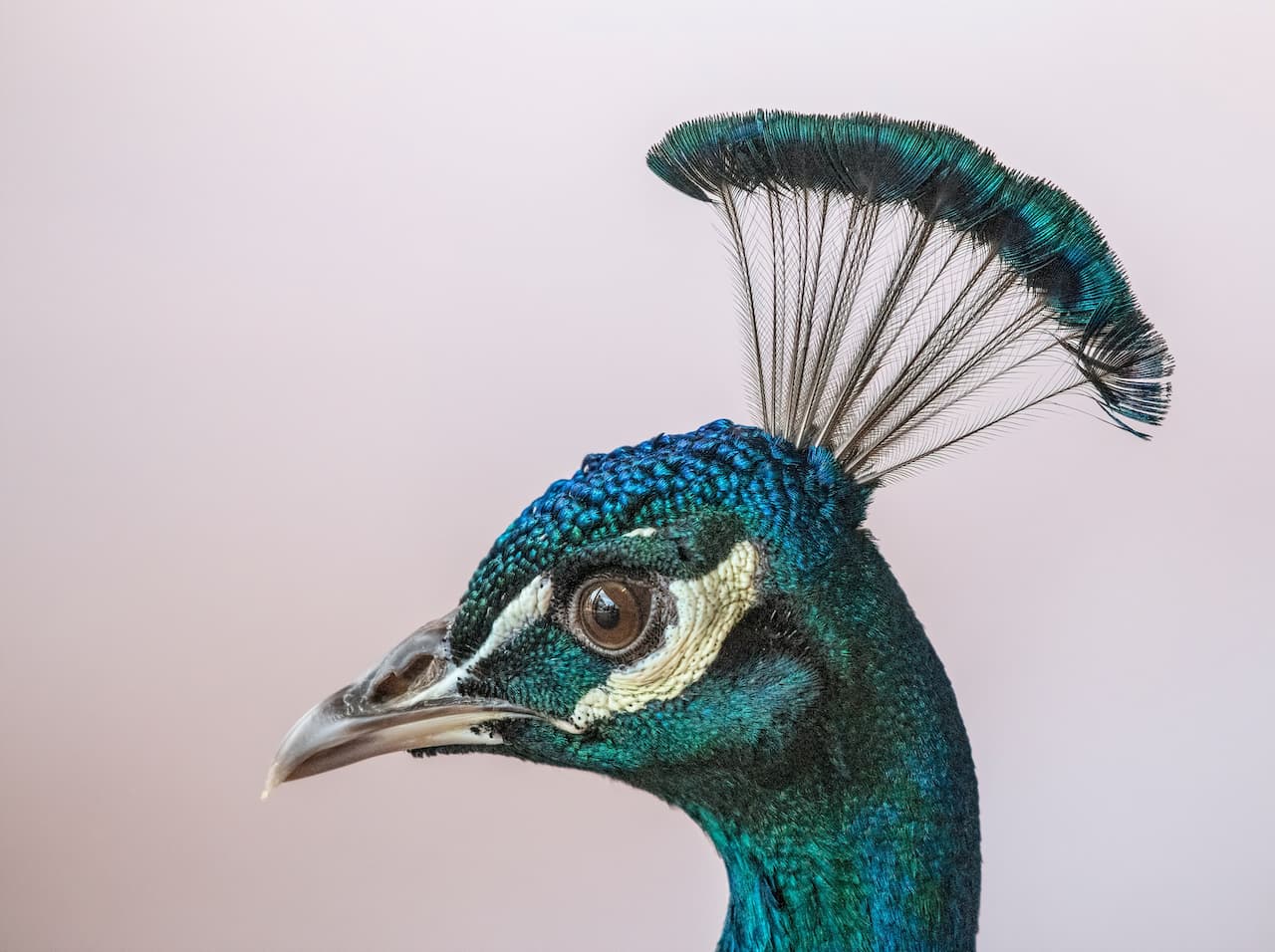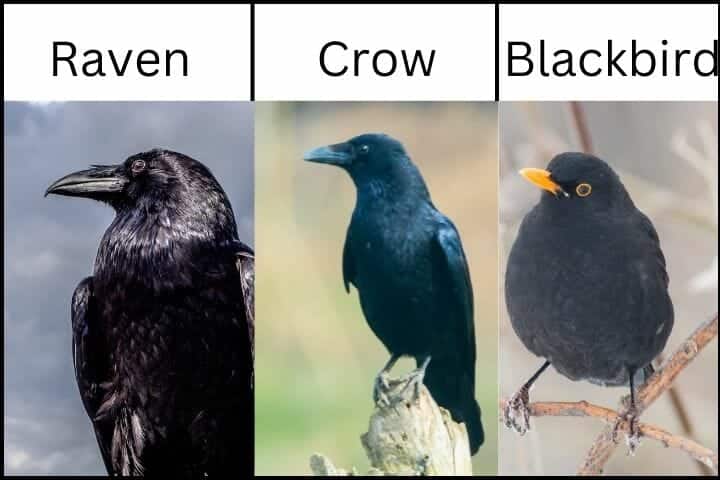Do Birds Eat Ants?
Do Birds Eat Ants, and How do Ants Fight Back?
If you have ever seen birds scraping or digging in the ground, you might have wondered: do birds eat ants? The answer is yes; many of them do eat ants. But why do they need to eat ants? And do ants fight back? Let’s find out!
Yes, many species of birds eat ants. Despite their small size, ants are a great source of proteins for birds.
Proteins are essential for birds. They are critical during their growth phase and also for reproduction, flight, and even developing their brightly colored plumages!
This article looks into why birds eat ants, which types of ants they eat, and how they catch them. We also talk about ants’ defense mechanisms to fight off birds.
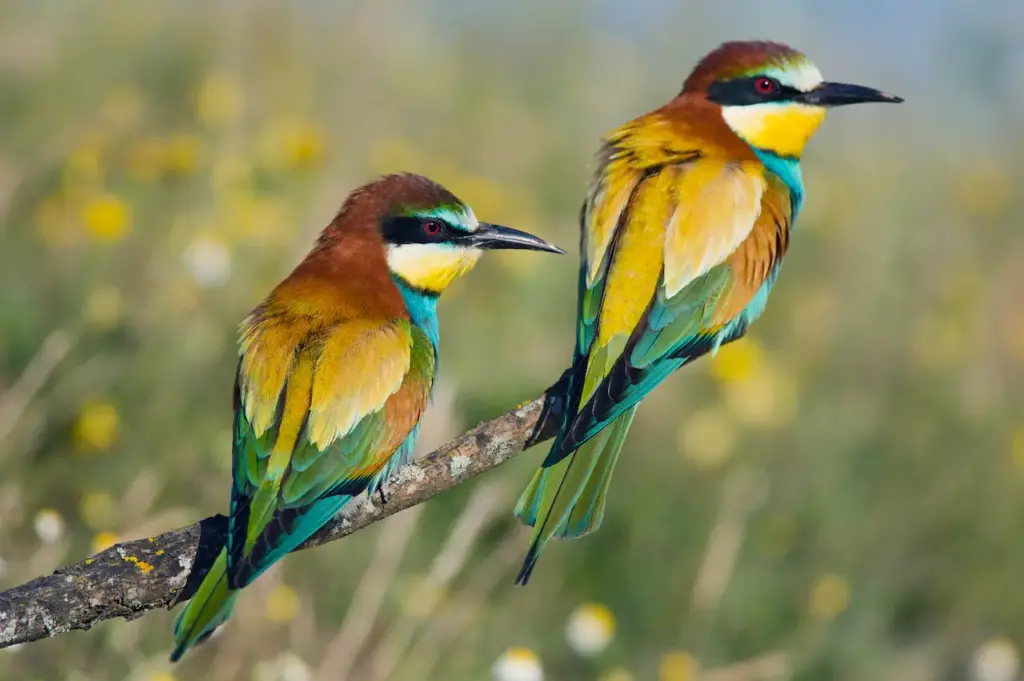
Why do Birds Eat Ants?
Ants are one of the most numerous animals on the planet. Because of their ready availability and abundance, they form an essential part of the diet of wild birds.
Ants are an easy source of bird protein. Without enough protein in their growth phase, birds won’t be able to develop their wings.
Birds regularly shed their feathers once they reach adulthood. Birds’ feathers are made of keratin, the same material that makes up our hair and nails. And keratin comes from protein. So birds need a constant supply of protein throughout their life.
Apart from feathers, birds need proteins for their wings. Proteins also make up birds’ tissues and enzymes and help in reproduction and growth.
Given birds’ protein requirements throughout their lifecycle, ants make for a preferred source for birds.
Besides proteins, ants contain other essential nutrients such as zinc, iron, and potassium. These nutrients help the birds stay healthy and improve their blood circulation.
Which Kinds of Birds Eat Ants?
Many bird species eat ants regularly. Birds particularly fond of ants include pigeons, woodpeckers, wild turkeys, sparrows, wrens, grouse, starlings, hummingbirds, and crows.
Some types of birds, such as owls, eat them sparingly. Besides eating ants, birds also participate in a process called anting (more on that later)
Hummingbirds
Hummingbirds native to the US west coast or Central America are quite fond of ants.
One interesting thing that connects ants and hummingbirds is their love for sugary treats. Hummingbirds and ants both love their daily dose of nectar.
Hummingbirds fly very fast and have an insane metabolism level. But they can be connoisseurs when it comes to their big meals.
They will happily eat ants, but they will not mix their savory with sweet. They like to consume ants and nectar separately. Picky eaters!
Crows And Ravens
Crows and ravens don’t usually eat ants unless there is no other food source. Given their bigger size as compared to hummingbirds, ants won’t move the needle much for them.
Though, crows and ravens prefer bigger insects like grubs, grasshoppers, etc.
However, while foraging for their preferred insects, if crows come across ants, they don’t mind eating them. Guess they are not as picky as hummingbirds!
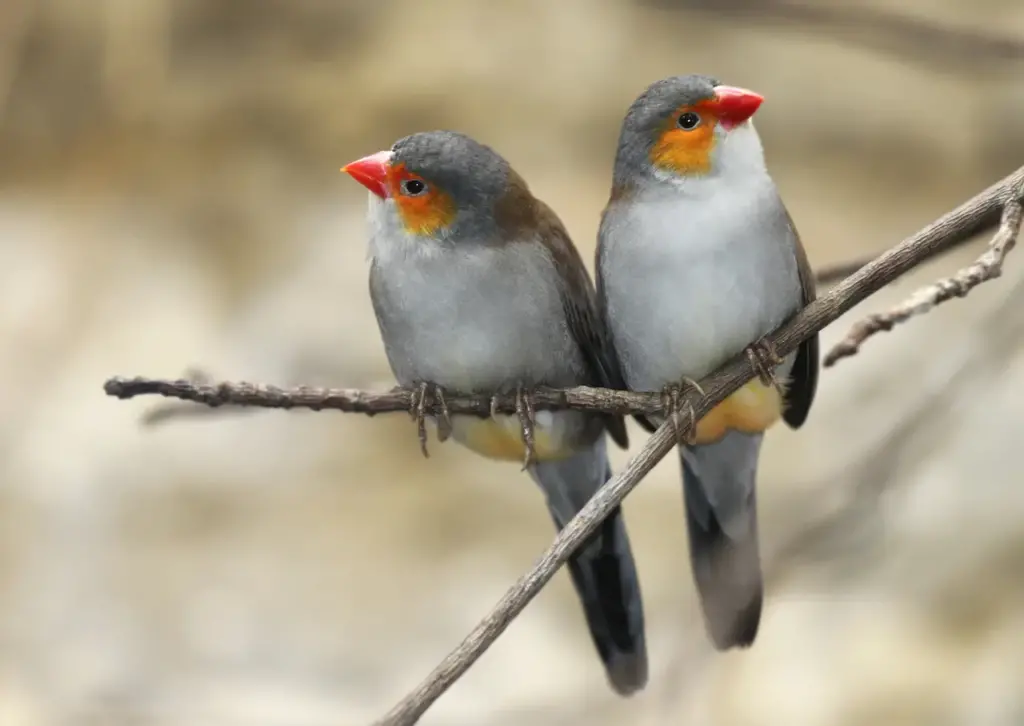
Pigeons
Pigeons prefer a granivorous (grain-heavy) diet, but sometimes they like to supplement it with insects and ants. Besides ants, pigeons also eat beetles, flies, grasshoppers, and crickets.
Pigeons love to peck, so they would like to eat ants if they come across a colony of ants. They find it easier to hunt them than other insects.
Given the small size of an ant, a pigeon will most likely leave a solitary ant alone.
Starlings
Starlings prey on many insects such as mealworms, mosquitoes, spiders, worms, bugs, aphids, dragonflies, cicadas, flies, and grasshoppers. Of course, they chow on ants as well.
Starlings also enjoy goldfish, ladybugs, flying ants, gypsy moth caterpillars, wasps, June bugs, grubs, little birds, mice, and woodlice.
Starlings also feed on ant mating swarms. When many ants swarm together, it is mostly for the purpose of mating and establishing new colonies. It allows starlings to attack and consume many ants at once.
Woodpeckers
Woodpeckers probably eat more ants than most other birds. Woodpeckers have a sticky tongue over five inches long.
Their tongues can lap up hundreds of ants in a single go. The pileated woodpecker picks out ants from cedar trees with its tongue.
Ants form a major portion of woodpeckers’ diet, and one particular species of Woodpeckers – the Northern Flicker can ingest over five thousand ants in one sitting.
Owls
Owls are not fond of ants. Rarely will you see smaller owls, such as little owls and elf owls, eating ants.
The reason is that ants, even many of them, are not enough to satisfy the nutritional needs of owls.
Also, owls are not expert ant-hunters, and the reward is not worth the effort. Owls mostly feast on snails, earthworms, crabs, fish, reptiles, and small mammals.
Which Types Of Ants Do They Eat?
Three of the most common species of ants that birds prey on are- black carpenter ants, flying ants, and fire ants.
The types of ants that a bird eats largely depend on which ant species are readily available in their habitat.
Black Carpenter Ants
Birds eat black carpenter ants quite readily. These ants are preferred by woodpeckers, starlings, and sparrows, among other kinds of birds.
Because black carpenter ants are easily available in forested areas and easy to hunt, most birds consume them as one of their sources of food.
Flying Ants
Flying ants, as the name suggests, are the kind of ants that have wings. When a colony of ants flies together, they attract several hungry predators- birds and non-birds alike.
Because of their agility, swallows can capture and consume these ants mid-air.
Flying ants also attract dragonflies, known for hunting ants. Chimney Swifts, Tree Swallows, and Barn Swallows are also attracted to flying ants.
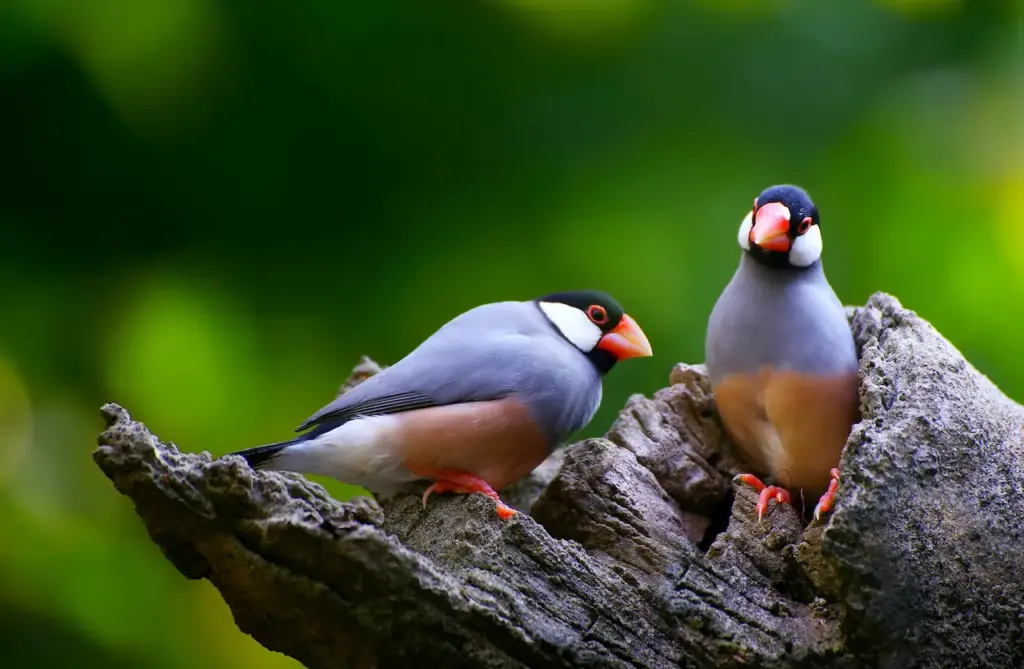
Fire Ants
Some bird species, such as Purple Martins, regularly feed on fire ants. They primarily eat mating queens and males of the red imported fire ant.
Red imported fire ants are natives of the tropical regions of Central and South America.
The imported fire ants are known to feed on the fruits and buds of many crop plants, especially soybean, corn, citrus, and okra.
Purple Martins are known for feeding on billions of fire ants across North America, thereby controlling the spread of this species.
Fire ants could be dangerous to the chicks and nests of other birds, especially songbirds.
Can Some Ants Fight Back? Which Ants Spell Trouble For Birds?
Some ants fight back by spraying formic acid on them. When in danger, ants communicate it by releasing chemicals signaling other ants to come and help.
Red fire ants tend to kill small birds.
According to 2007 research published by Texas A&M University, ‘red imported fire ants may be killing as many as a fifths of baby songbirds before they leave the nest.’
Only 10 percent of the small birds survived in nests without pesticide treatment to prevent ants from invading them.
Do They Eat Ants Alive Or Dead?
Birds eat ants when they are alive. Birds like woodpeckers and Purple Martins can consume hundreds of live ants in one go.
Birds such as antbirds and flickers regularly consume ants as an important part of their diet.
How Do They Catch Ants?
Some birds like woodpeckers dig up the soil in search of ant nests to eat ants, eggs, and larvae.
They will scout the ground, scrape the soil using their beaks, dig into it, and lap up the ants with their tongues.
Woodpeckers have long sticky tongues that help them in catching ants easily.
Most birds like to eat many ants at once because a single ant is not enough to feed them, and hunting a single ant is not worth the effort.
Do Birds Eat Ant Eggs?
Yes, birds like woodpeckers, hummingbirds, and swallows, can eat ant eggs. During summers, it is easy to find ant eggs on the ground.
Ant eggs serve as an effortless meal for the birds. Ant eggs are also a high source of protein. 3.5 oz of ant eggs contain almost 0.3 oz of proteins. They are also low in fat.
Do Baby Birds Eat Ants?
Yes, if the parent bird gives them ants to eat, baby birds will happily devour them.
Baby birds generally eat the same food the parent bird eats. So if mama (or papa) bird has got ants for dinner, ants it will be!
Parent birds regurgitate what they just ate and feed that to the baby birds. This softens the food enough for the baby birds to consume.
Why Do Some Birds Rub Ants On Them?
Anting is an activity in which a bird rubs ants on its feathers to obtain formic acid from the ants’ bodies.
The bird sits on an anthill, allowing ants to crawl over its body. Mostly, the bird eats these ants afterward.
For anting, birds take ants directly from their nests and smear them on their feathers. This behavior is called active anting.
Birds that practice passive anting visit ant colonies and try provoking ants to attack. When ants come out, they rub them on their plumage.
Do Birds Eat Ants According To Their Geographical Location?
Birds in different geographies consume different quantities of ants. Some research suggests that birds eat disproportionately more ants in arid regions.
A study on 545 species in Southern Africa concluded that places with a mean annual rainfall lower than others have more birds that feed on ants.
Getting Rid of Ant Infestations in Homes with Pet Birds
You cannot always depend on your pet birds to eat up ants in the house! If you have an ant infestation, you will need insecticides or professional help to get rid of them.
However, you must ensure that your ant insecticide does not harm your pet birds. Besides using non-toxic insecticides, there are a few home-based solutions that you can use to get rid of ants without harming your birds.
Mix dish water and soap solution. Put it in a spray bottle, and spray it on a line of ants or a single ant. You can also use vinegar and water to repel ants.
Spray vinegar and water around the house, doorways, windowsills, and other areas where you can see ants coming inside.
Ant Killers That Don’t Harm the Birds
When opting for ant killers, ensure you get the kind of ant killer that would not harm your pet birds.
Organophosphate and carbamate are two types of insecticides that attack the ants’ nervous system, but they can also be toxic to birds.
Insecticides that contain Pyrethrum do not harm the birds unless they inhale them.
But your safest bet is natural insecticides such as limonene. Limonene is extracted from citrus oils and poses no danger to the birds.
Birds are also safe around Eugenol, which is a clove-oil-based insecticide.
Frequently Asked Questions
Do squirrels eat ants?
Ants are a good source of protein for squirrels as just 100gms ants provide 14gms of protein.
But squirrels don’t find them as delicious as nuts and seeds. So, squirrels will consume ants unless there are better options around.
Do hummingbirds eat ants?
This includes ants which are rich sources of protein for them.
Wrap Up
To sum up, many birds eat ants as a preference, while others eat ants to survive when there is nothing around. Ants are a good source of proteins and minerals for birds.

